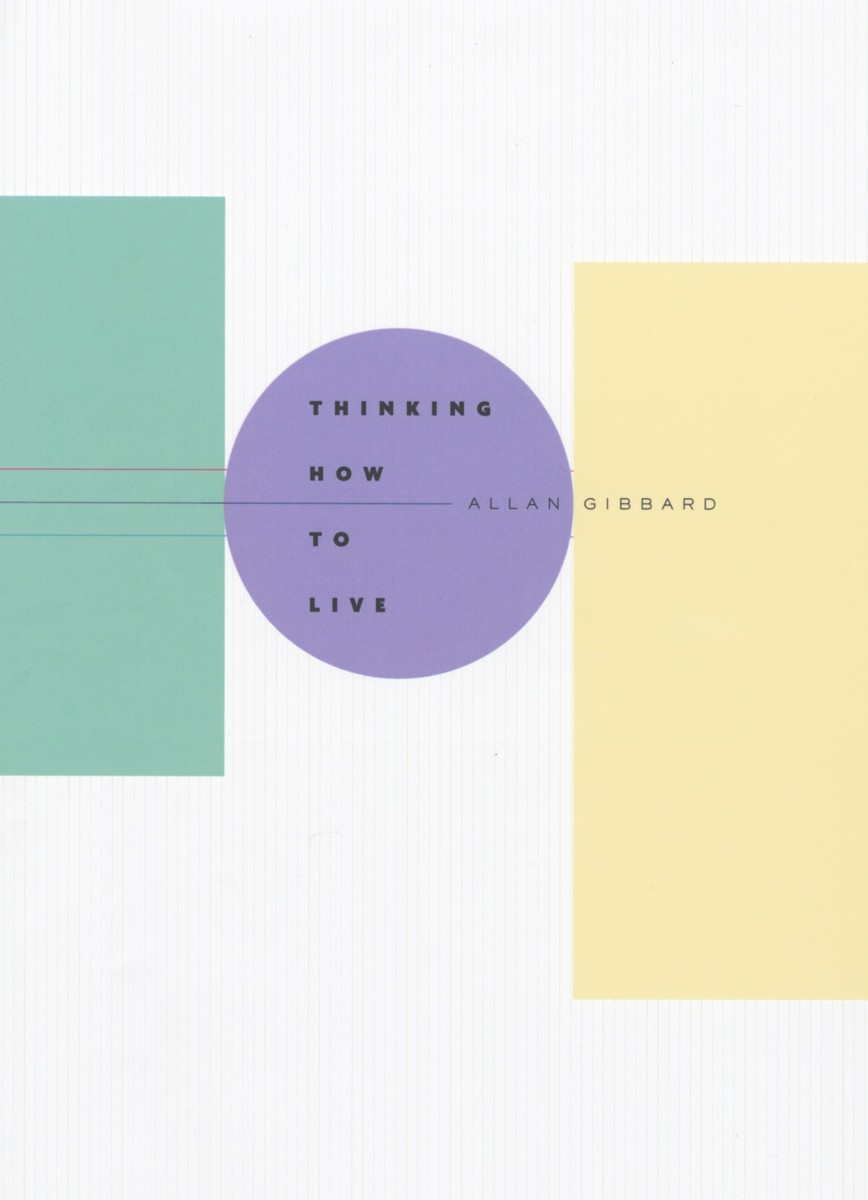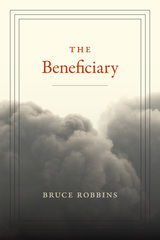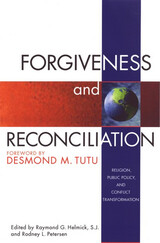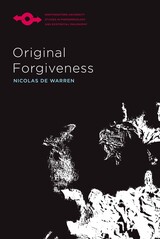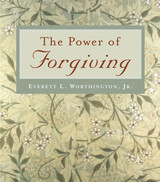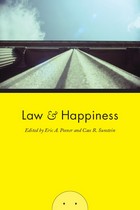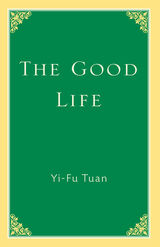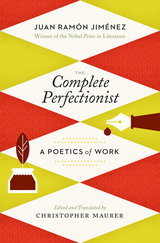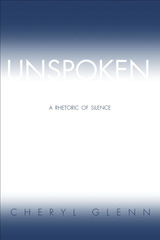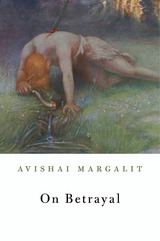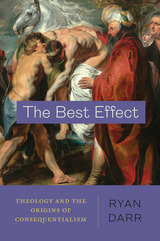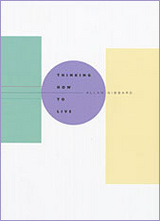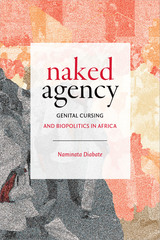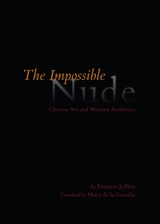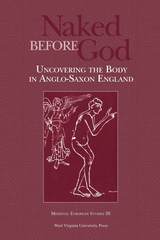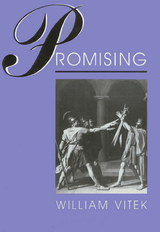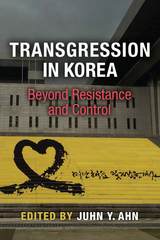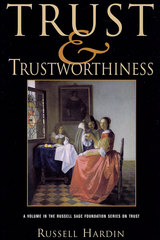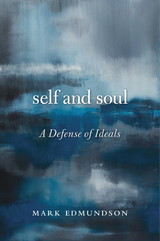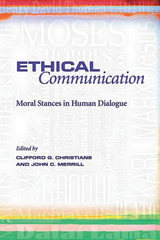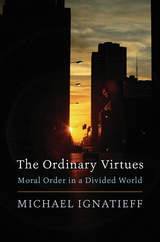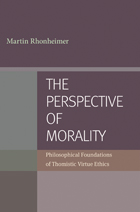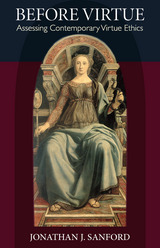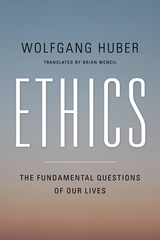Paper: 978-0-674-02730-5 | eISBN: 978-0-674-03758-8 | Cloth: 978-0-674-01167-0
Library of Congress Classification BJ1500.E94G53 2003
Dewey Decimal Classification 170.42
Philosophers have long suspected that thought and discourse about what we ought to do differ in some fundamental way from statements about what is. But the difference has proved elusive, in part because the two kinds of statement look alike. Focusing on judgments that express decisions—judgments about what is to be done, all things considered—Allan Gibbard offers a compelling argument for reconsidering, and reconfiguring, the distinctions between normative and descriptive discourse—between questions of “ought” and “is.”
Gibbard considers how our actions, and our realities, emerge from the thousands of questions and decisions we form for ourselves. The result is a book that investigates the very nature of the questions we ask ourselves when we ask how we should live, and that clarifies the concept of “ought” by understanding the patterns of normative concepts involved in beliefs and decisions.
An original and elegant work of metaethics, this book brings a new clarity and rigor to the discussion of these tangled issues, and will significantly alter the long-standing debate over “objectivity” and “factuality” in ethics.
See other books on: Ethics & Moral Philosophy | Expressivism (Ethics) | Gibbard, Allan | Live | Normativity (Ethics)
See other titles from Harvard University Press
